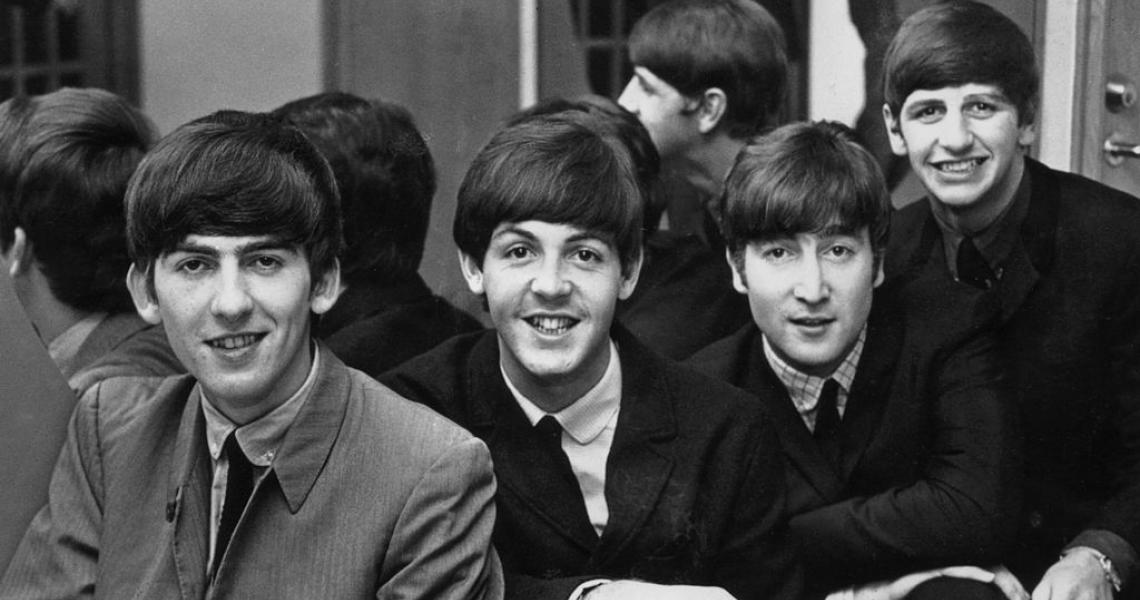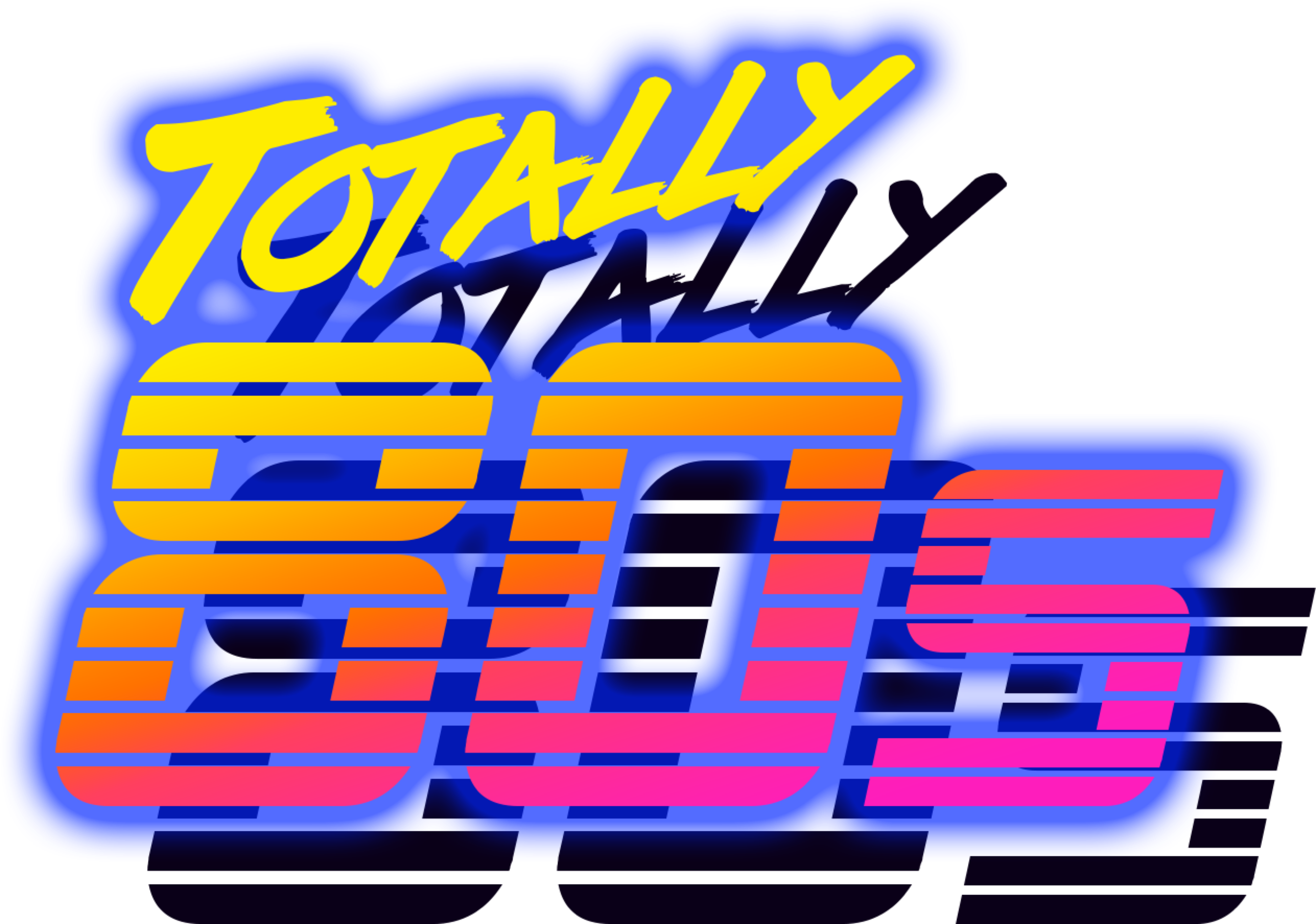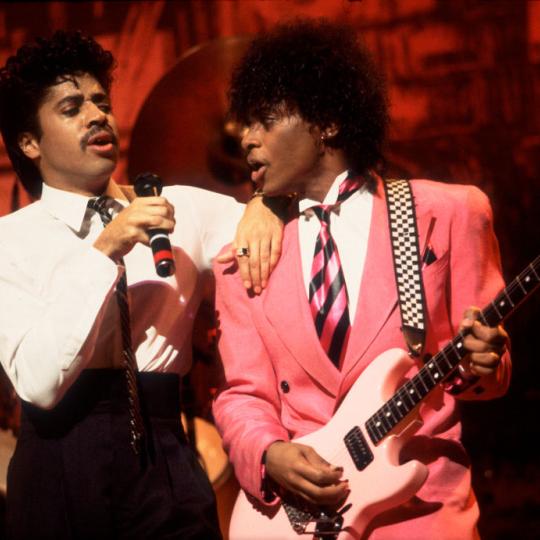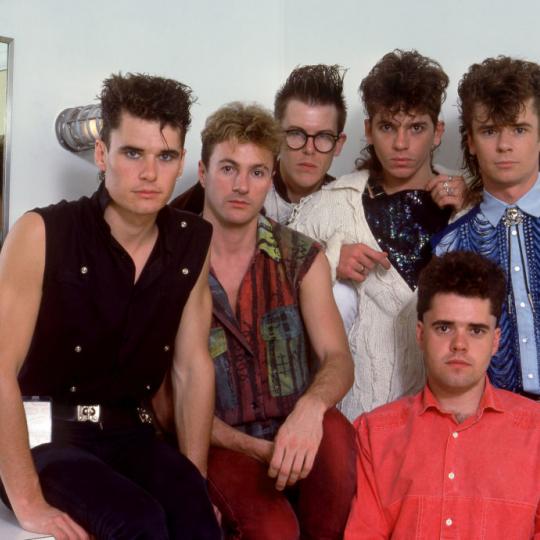
By 1987, the compact disc format was growing. An increasing number of music lovers replaced their favorite old vinyl records with new digital copies on CD, which offered a pristine, click- and pop-free listening experience. Until that year, however, the biggest-selling rock ‘n’ roll band of all time had been absent from the CD marketplace.
Yes, aside from a single run of Abbey Road discs pressed and released in Japan in 1984 and quickly withdrawn – The Beatles’ remarkable catalog of albums had not been released on CD. It was a circumstance the band’s label, EMI Music Worldwide (as well as Capitol Records, their American label) had long sought to remedy.
Finally, the company announced a grand rollout of the Fab Four’s recorded output, beginning Feb. 26, 1987 with the release of the band’s first four U.K. albums – Please Please Me, With The Beatles, A Hard Day's Night and Beatles for Sale, with a trio of records (Help!, Rubber Soul and Revolver) hitting stores that April.
READ MORE: June 1980: Paul McCartney & Wings Top U.S. Charts with "Coming Up (Live at Glasgow)"
The jewel of the release schedule was Sgt. Pepper’s Lonely Hearts Club Band, scheduled to hit stores on June 1, 1987 – the 20th anniversary of the iconic album’s release. Subsequent Beatles albums – from Magical Mystery Tour through Let It Be – would be issued in the latter part of the year.
READ MORE: A Beautiful "Mind": George Harrison's Last No. 1 of the '80s
Though many pointed to pressing litigation between The Beatles at EMI over royalty payments as the reason the band’s records had not yet appeared on CD until then, the company’s chairman, Bhaskar Menon, insisted the holdup was simply a matter of numbers – how were they going to make enough copies to meet the expected demand?
''We felt that it would be inappropriate to put out a treasury of such proportions as The Beatles catalog until we had access to sufficient manufacturing capacity,'' Menon told The New York Times. ''It had nothing to do with any contractual situation.”
Indeed, the company had opened CD plants operating in Swindon, England, Jacksonville, Ill., and Tokyo, to boost their ability to manufacture more CDs in general, to meet worldwide demand for the format. In The Beatles’ case, they certainly needed it – according to Billboard, retailers had ordered some 350,000 copies of each of the first four Beatles titles; Capitol Records in the U.S. claimed that even more copies were manufactured and shipped for the rollout.
One initial quibble about the first four discs was their sound – each was released in mono, which seemed to run counter to the wishes of consumers who hailed the audio quality and clarity of the CD format, and who assumed the discs should be heard in stereo. Most agreed the mono mixes made sense for Please Please Me and With The Beatles, which had both been recorded in mono; A Hard Day's Night and Beatles for Sale, on the other hand, had been recorded on four-track equipment and mixed in both mono and stereo.
READ MORE: March 1981: John Lennon's "Watching the Wheels" Released
Menon told The New York Times that the decision to release those two in mono came after discussions with producer George Martin, after which “we determined that there was no question we must preserve the original mixes – that the releases really must be in mono because stereo was not the intent of the performers.” Martin had a different story, telling the paper that the decision to release A Hard Day’s Night and Beatles for Sale in mono was made for “expediency.”
“EMI did not consult me until December [1986], by which time they were ready to have the discs pressed,” he told the Times. “When I heard the stereo CDs, I thought they sounded awful. I told them that the first two should go out in mono, and that if they had to issue the others in stereo, the mixes should be cleaned up and re-equalized for CD. Unfortunately, there was a deadline to be met, so they said, ‘Look, we'll release all four in mono, and if you like, perhaps you can prepare stereo mixes for A Hard Day's Night and Beatles for Sale later on.’”
When Help!, Rubber Soul and Revolver were released on CD that April, the first two featured new stereo mixes by Martin, while the renowned producer was sufficiently satisfied with Revolver to leave its original stereo mix alone. The same held for the remaining reissues.
Sales for the first four Beatles CDs were outstanding, according to Billboard – all four debuted in the Top 10 of the industry magazine's Compact Disc chart (there were separate charts for CDs and vinyl albums back then) and retailers around the U.S. noted double-digit sales gains for their outlets, as a result of the Fab Four reissues.
It was official – The Beatles had joined the CD revolution.
- Log in to post comments



